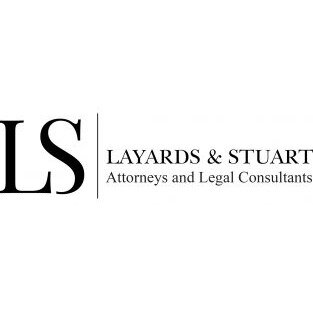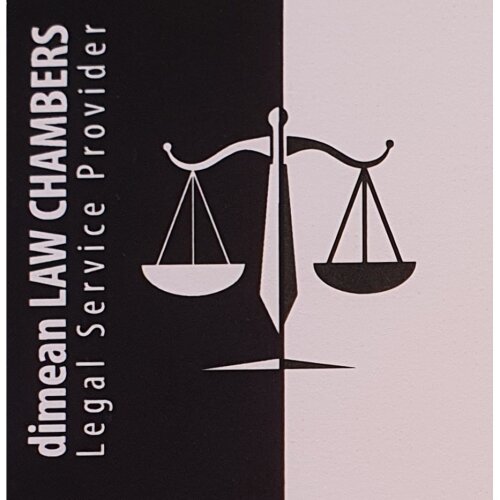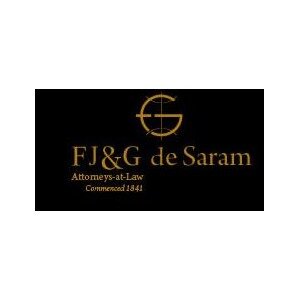Best Hiring & Firing Lawyers in Colombo
Share your needs with us, get contacted by law firms.
Free. Takes 2 min.
List of the best lawyers in Colombo, Sri Lanka
About Hiring & Firing Law in Colombo, Sri Lanka
The laws governing hiring and firing in Colombo, Sri Lanka are overseen by the country's Department of Labour. Sri Lanka is known for its strong labor protections, with laws in place to prevent unfair treatment of employees and provide certain protections for employers. Termination of employment is subjected to statutory termination notice and reasons for unjustifiably terminating an employee are outlined in legal standards.
Why You May Need a Lawyer
You may require legal advice from a lawyer in various situations including understanding your rights and obligations as an employer, managing an employee's onboarding or termination process to ensure compliance with local laws, and addressing employment disputes. A lawyer can also assist in preparing legally sound hiring contracts and dealing with potential violations of employment law or wrongful termination claims.
Local Laws Overview
Sri Lanka's employment law is laid down in the Shop and Office Employees Act (SOEA), the Wages Board Ordinance, the Industrial Disputes Act, and certain provisions of the Factories Ordinance. Employers must follow strict procedures when terminating employees, including providing proper notice or payment in lieu of notice. Discrimination in hiring, job segregation, and unfair dismissals are considered violations of the law. Employers are obligated to make contributions to the Employees' Provident Fund and Employees' Trust Fund as well.
Frequently Asked Questions
What are the legal reasons for firing an employee in Sri Lanka?
An employee can be legitimately fired for reasons like misconduct, underperformance, fraud, or violation of employment terms. However, the employer must follow a proper disciplinary process and provide valid evidence.
What protection does an employee have against wrongful termination?
Employees subjected to wrongful termination can lodge a complaint with the Labour Tribunal. If the tribunal rules in favour of the employee, they could be entitled to compensation or reinstatement.
What's the required notice period for termination?
The statutory notice period for termination in Sri Lanka is one month, or the employer can give a payment in lieu of notice. However, the notice period can be made shorter or longer by mutual agreement, provided it is set out in the employee's contract.
Is redundancy regulated in Sri Lanka?
Yes, the employer must have a valid reason for redundancy, follow due procedure, and make statutory redundancy payments. Discrimination in redundancy selection is also prohibited.
Are there any regulations on hiring foreign employees?
Yes. Foreign employees require work visas and permits. The hiring of foreign citizens is subject to conditions in an effort to protect employment opportunities for locals.
Additional Resources
The Department of Labour and the Labour Tribunal are excellent resources to help understand Hiring & Firing laws in Sri Lanka. The ‘gazette.lk’ website is the official government portal where latest changes to laws can be found. The Employers' Federation of Ceylon offers resources to help employers understand their legal responsibilities.
Next Steps
If you're facing a hiring or firing situation and need legal advice, you should get in touch with a labor and employment attorney. Consider the nature of your case to ensure you find a lawyer with the right specialization. Make sure your lawyer is registered with the Sri Lanka Lawyers' Association, which is a guarantee of their legal competence and recognition by the legal system.
Lawzana helps you find the best lawyers and law firms in Colombo through a curated and pre-screened list of qualified legal professionals. Our platform offers rankings and detailed profiles of attorneys and law firms, allowing you to compare based on practice areas, including Hiring & Firing, experience, and client feedback.
Each profile includes a description of the firm's areas of practice, client reviews, team members and partners, year of establishment, spoken languages, office locations, contact information, social media presence, and any published articles or resources. Most firms on our platform speak English and are experienced in both local and international legal matters.
Get a quote from top-rated law firms in Colombo, Sri Lanka — quickly, securely, and without unnecessary hassle.
Disclaimer:
The information provided on this page is for general informational purposes only and does not constitute legal advice. While we strive to ensure the accuracy and relevance of the content, legal information may change over time, and interpretations of the law can vary. You should always consult with a qualified legal professional for advice specific to your situation.
We disclaim all liability for actions taken or not taken based on the content of this page. If you believe any information is incorrect or outdated, please contact us, and we will review and update it where appropriate.

















